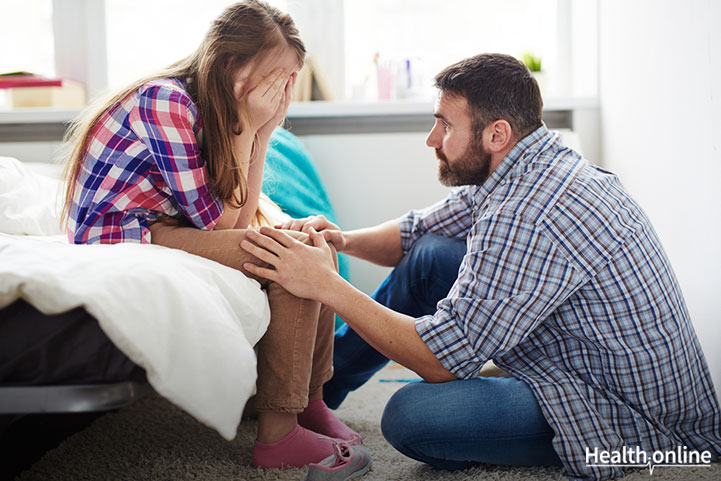
How To Help Your Children Cope With Your Divorce
Divorce has become very common these days for many reasons. Psychologists and psychiatrists would argue that it is better to separate than to stay together and fight every day. While divorce might be a way for a couple to get a better life for themselves, it is still a sad experience – and one through which the children suffer the most. Divorce affects every child in different ways; and it has been observed that in many cases, the effects of divorce on a child’s psychology are largely adverse.
In various surveys across the globe, children have admitted that their life would have been different if their parents were not divorced. Many of them wonder whether they could have a healthy marriage in the future, unlike that of their parents. There are many more psychological dilemmas that these children of divorced couples face. It is the parents’ duty to handle their legal separation in such a way that it doesn’t leave a psychological and emotional scar on their child.
For parents who are in the midst of a divorce, here are some tips to handle your divorce such that it doesn’t hurt your child in any way-
- Love your child: There is no doubt that you love your child. But when you and your partner are getting divorced, the child may feel that the separation is somehow because of him or her. They wrongfully assume that various negative aspects of their character are responsible for you getting divorced. This thought can take burrow deep in their minds. Which is why you need to put a stop to this thought process as early as possible. Make your child understand that both of you love them and that the divorce is absolutely no fault of theirs.
- Don’t apologize for the other parent: If you feel that your partner is not that attached to the child, don’t apologize for them or sugar coat the reality. Let your child understand that you love him, and if the other parent cannot provide that love, let them voice their opinion about them and come to terms with it. If the other parent wants to get rid of the child, and if you continue to make your child understand that he or she is loved by the other parent as well, you are only shielding your child from the truth that they will have to face one day. Make time for your kids, and don’t worry about whether or not the other parent will be around.
- Communication is the key: If you love your child, whether you have custody or not, talk to them. Let them speak about their anger, their disappointment over not being with you or not spending enough time with you. Let them air their frustrations. If those frustrations are about you, don’t lash out at them or stop the conversation, as that would hurt them more. Remember, their anger is justified – they are seeing their friend’s parents together at Parent-Teacher Meetings or birthday parties, and as a result are always conscious of the fact that their own parents aren’t together. No matter how busy you are, or how much you want to move on with your life, always spare some time to have meaningful contact with your kid.
- Don’t quarrel in front of your child: The worst thing that any parent could do before or after a legal separation is fighting with their (ex) partner in front of the child. It can be an intensely painful, and psychologically damaging, experience for the child. Your child is already struggling to cope with the divorce – fighting in front of them is only making matters worse.
- Make peace for your child: You might be on good terms with your spouse anymore, but that doesn’t mean your child should suffer. You and your spouse don’t need to be best of friends after the divorce, but at least you can make an effort to be civil with each other when you are together with your child. It will save your child from embarrassment, or any apprehensions they might have about the meeting.
No one said dealing with your children while going through a divorce is easy. But if you love your child, it’s important for you to do whatever it takes to make this painful process a little less hard on them. Remember again – it is they who suffer the most during a divorce.




